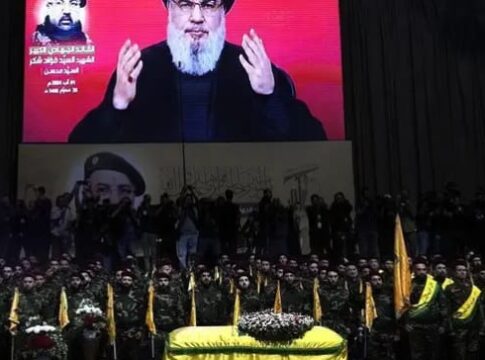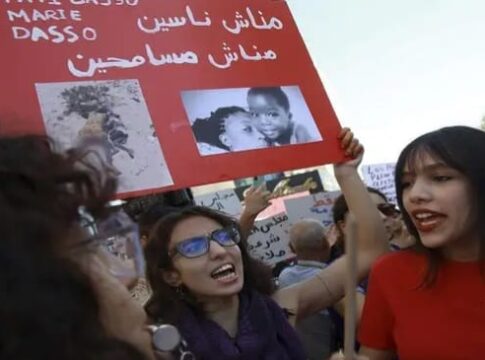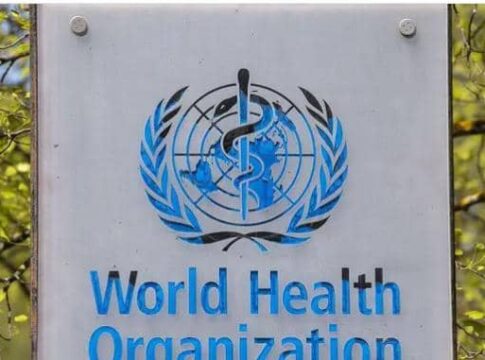In a significant development, the Israeli military announced on Saturday that Hassan Nasrallah, the long-time leader of the Hezbollah militant group, was killed in a precise airstrike in Beirut on Friday. Nasrallah, who led Hezbollah for over three decades, was targeted along with other top commanders at the group’s headquarters in Dahiyeh, south of Beirut.
According to the Israeli military, Ali Karki, Commander of Hezbollah’s Southern Front, and additional senior commanders were also eliminated in the attack. The Lebanese Health Ministry reported six fatalities and 91 injuries in the strikes, which destroyed six apartment buildings.
Nasrallah’s death marks a pivotal moment in the Israeli-Palestinian conflict and the region’s geopolitical landscape. As news of his passing spread, Hezbollah launched dozens of rockets toward Israel, while Israel maintained a heavy barrage of airstrikes.
READ MORE: Trump, Zelensky Meet Amid Ukraine War Tensions
Hezbollah has since confirmed Nasrallah’s death, leaving the group’s future leadership and strategy uncertain. The international community is closely watching the unfolding situation, with the United Nations urging de-escalation.
Will Nasrallah’s passing herald a new era in the conflict, or will it escalate tensions further?




